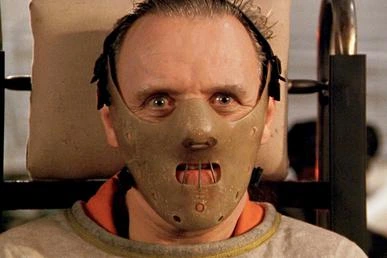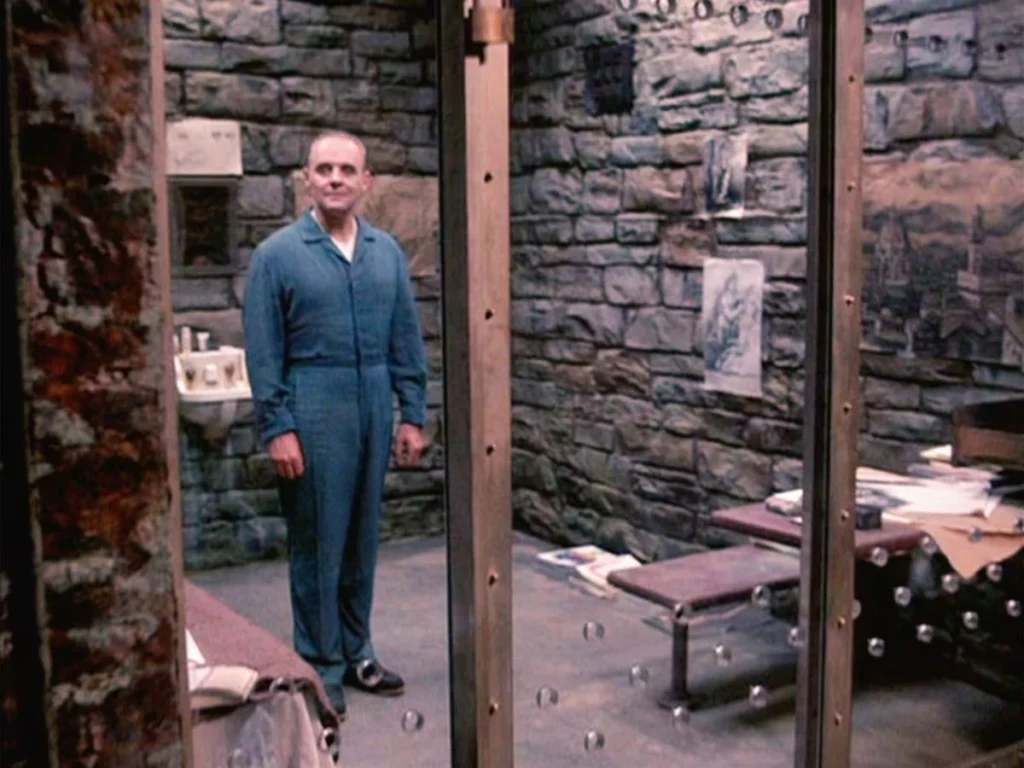
Robert Maudsley is a name that evokes both horror and intrigue within the realms of true crime stories. Known as one of the most notorious British criminals, Maudsley’s life and actions have sparked debates surrounding mental health issues, the criminal justice system, and the treatment of prisoners. This article delves into the chilling narrative of Maudsley, his crimes, and the broader implications of his case.
Introduction
In the annals of crime, few names stand out like that of Robert Maudsley. He is often labeled a serial killer, notorious for the gruesome nature of his offenses and the questions they raise about society’s treatment of violent offenders. With a background steeped in historical crimes, Maudsley’s story is not only about the infamous murder cases he committed but also reflects on the societal issues surrounding violence in prisons, prisoner rights, and psychological evaluation of offenders. This article aims to provide a comprehensive overview of Maudsley’s life, crimes, and the impact of his actions on public perceptions of crime.
Early Life and Background
Robert Maudsley was born on June 26, 1953, in Liverpool, England. His childhood was marked by instability and neglect, contributing to a tumultuous early life. Reports suggest he faced severe abuse from his parents, which likely influenced his later mental health issues. These formative experiences shaped Maudsley into a troubled individual, leading to a series of criminal behaviors from a young age.
The Crimes
A String of Murders
Maudsley committed his first murder in 1974 when he killed a man named John Farrell. Following this, he killed three more individuals, each crime more gruesome than the last. These actions led him to be labeled as a serial killer. His notoriety stems not only from the killings but also from the brutality and coldness with which he executed them.

Life Imprisonment
In 1978, Maudsley was convicted and sentenced to life imprisonment. His crimes were so heinous that they earned him a place in a high-security prison. Despite the severity of his actions, his case raised critical questions about the effectiveness of the criminal justice system in dealing with individuals exhibiting extreme violent behavior.
Psychological Evaluation
Maudsley’s case has been subject to numerous psychological evaluations. Experts have debated the impact of his childhood trauma on his later actions. Many argue that understanding the criminal psychology behind such individuals is essential for developing preventive measures against similar future crimes.
The Prison Experience
Life in a High-Security Facility
Maudsley’s time in prison has been marked by continued violence. He is notorious for killing fellow inmates, which has led to a life spent in solitary confinement. This has ignited discussions surrounding prisoner rights and the treatment of inmates with severe mental health issues.
Media Portrayal
The media portrayal of killers like Maudsley often sensationalizes their crimes, focusing on the gruesome details while neglecting the underlying psychological issues. Documentaries about his life and crimes have contributed to his notoriety, painting a picture of a man driven by deep-seated trauma.
Infamous Murder Cases and Their Impact
Maudsley’s actions have become part of a broader narrative about notable murder trials in the UK. His case has fueled discussions about the death penalty debates, particularly concerning whether individuals like him should be subjected to capital punishment or whether their mental health issues should be taken into account.

The Legacy of Robert Maudsley
Maudsley’s legacy is complex. He represents not only the face of extreme violence but also the challenges faced by the criminal justice system in managing offenders with profound psychological issues. His life story continues to resonate within discussions on violence in prisons and the ethics surrounding treatment for serious offenders.
For more interesting blogs, visit our site: https://futuretrendz.co.uk/
Conclusion
Robert Maudsley’s life is a haunting reminder of the intersection between mental health issues and violent crime. His actions not only shocked society but also prompted significant discussions about the criminal justice system, prisoner rights, and the psychological evaluation of offenders. As we reflect on Maudsley’s story, it is essential to consider the broader implications of his case on how we understand and manage violent criminals in society.
Call to Action
To delve deeper into the world of true crime and understand the psychological and societal factors that lead to violent behavior, consider exploring crime documentaries and literature that address these complex issues.
FAQs
1. What led Robert Maudsley to become a serial killer?
Maudsley’s troubled childhood, marked by abuse and neglect, significantly influenced his later violent behavior and mental health issues.
2. What crimes did Robert Maudsley commit?
He is known for murdering four men between 1974 and 1978, leading to his conviction and life imprisonment.
3. How has the media portrayed Robert Maudsley?
The media often sensationalizes his crimes, focusing on the gruesome details rather than the psychological factors involved.
4. What are the implications of his case on the criminal justice system?
Maudsley’s story raises critical questions about how the system handles violent offenders and the balance between punishment and mental health treatment.
5. Is Robert Maudsley still in prison?
Yes, he remains in solitary confinement in a high-security prison due to his continued violent behavior towards fellow inmates.







